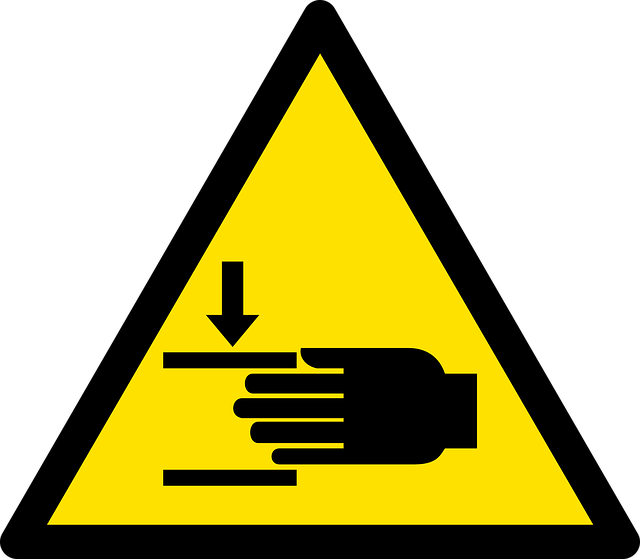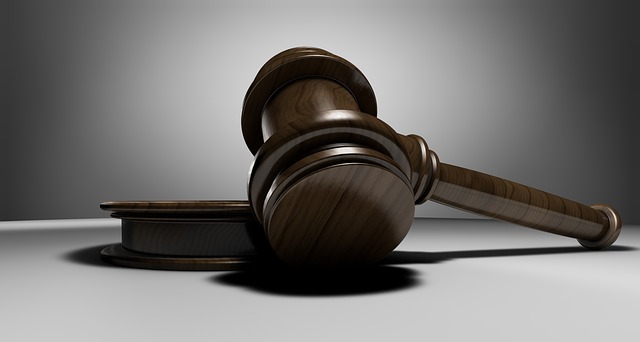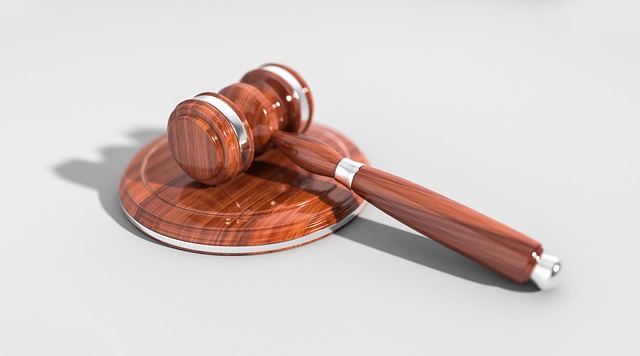Insurers in the bike accident claims sector often dispute liability, underplay injuries, and offer low initial settlements, requiring victims to be aware of these tactics and fight for fair compensation. After an accident, prioritize safety, seek medical attention, and document thoroughly. Contact your insurance provider immediately and consult legal counsel specialized in bike accident claims to protect your rights against potentially unfavorable agreements or blame shifting.
In the wake of a bike accident, navigating an insurance claim can be challenging. Understanding common insurance tactics is crucial for cyclists seeking fair compensation. This article delves into the intricate world of bike accident claims, exploring strategies employed by insurers and offering guidance on protecting your rights. From recognizing manipulative practices to knowing your legal standing, these insights empower you to navigate post-accident interactions effectively, ensuring a just outcome in your bike accident claim.
- Understanding Insurance Tactics in Bike Accident Claims
- Common Strategies Used by Insurance Companies
- Navigating and Protecting Your Rights After a Bike Accident Claim
Understanding Insurance Tactics in Bike Accident Claims

In the realm of bike accident claims, understanding insurance tactics is as crucial as navigating a bustling city street. Insurers employ various strategies to manage and often reduce compensation for victims involved in bicycle collisions. One common tactic involves disputing liability, attempting to shift blame onto the cyclist, thereby minimizing their responsibility. This can be particularly tricky in cases where fault is not immediately clear.
Another insidious method is underestimating the extent of injuries sustained during the accident. In real estate litigation or nursing home abuse scenarios, where legal battles are fierce, insurers might attempt to delay claims processing or request extensive medical documentation. The goal here is to delay payments and potentially weaken the claim by questioning the severity or validity of injuries. Being aware of these tactics empowers bike accident victims to fight for fair compensation and ensure they receive adequate accident compensation for their physical and emotional trauma.
Common Strategies Used by Insurance Companies
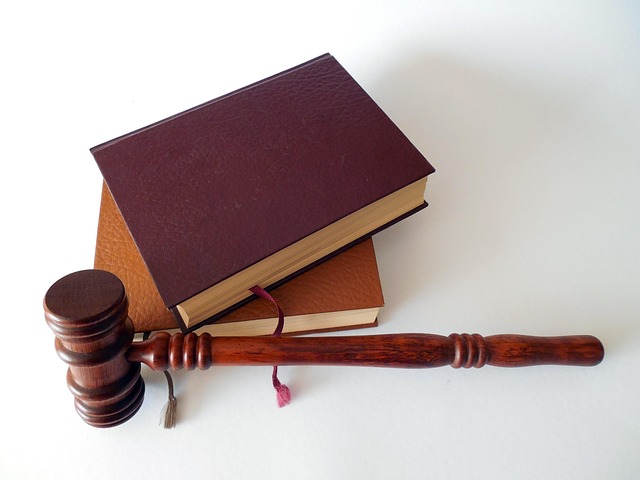
Insurance companies employ various strategies when it comes to handling bike accident claim cases. One common tactic is to dispute the fault or liability, often by hiring investigators or experts to present counter-evidence. They may try to downplay the severity of injuries, relying on medical reports that might not fully capture the long-term effects of trauma. Additionally, they could offer low initial settlements, hoping claimants accept quick, inadequate compensation.
Another strategy involves delaying the process through extensive document requests and legal jargon. Insurance adjusters might also pressure victims to sign releases or make statements that could harm their case. In some cases, they may even try to shift the blame onto third parties, such as road maintenance departments or other drivers, in an attempt to avoid or reduce financial responsibility in personal injury claims. These tactics can be especially challenging for individuals navigating contract disputes or seeking justice after a real estate litigation incident that involves bike accidents.
Navigating and Protecting Your Rights After a Bike Accident Claim
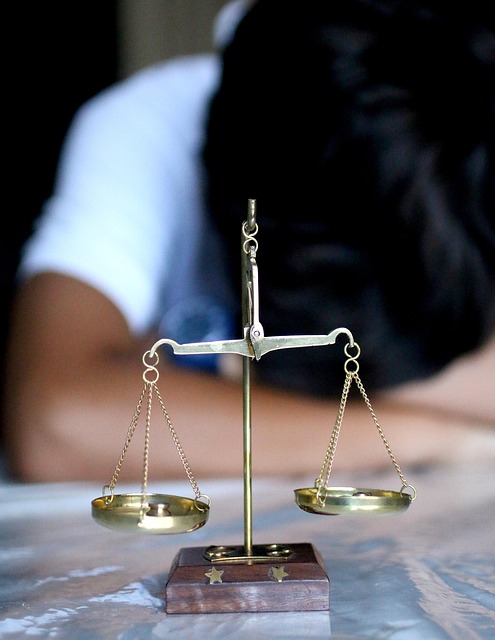
After a bike accident, navigating your rights can feel overwhelming. The first step is to ensure your safety and seek medical attention if needed. Documenting the incident thoroughly is crucial—take photos of injuries, the scene, and any evidence related to liability. Contact your insurance provider immediately and inform them about the bike accident claim. They might provide a claim number, which you should keep for future reference.
Remember that insurance companies often aim to settle quickly or deny claims altogether. Protecting your rights means understanding the legal process and potential strategies they may employ, like questioning your liability in a personal injury claim or disputing the extent of your injuries, especially in cases of caregiver negligence. Legal counsel specialized in bike accident claims can guide you through this labyrinth, ensuring your rights are protected and advocating for fair compensation.
After a bike accident, navigating insurance claims can be complex. Understanding common tactics employed by insurers is crucial for protecting your rights. By being aware of strategies like dispute resolution methods and settlement offers, you can make informed decisions. Remember, it’s essential to exercise patience, document everything, and seek legal advice if needed. With the right approach, you can ensure a fair outcome in your bike accident claim.


